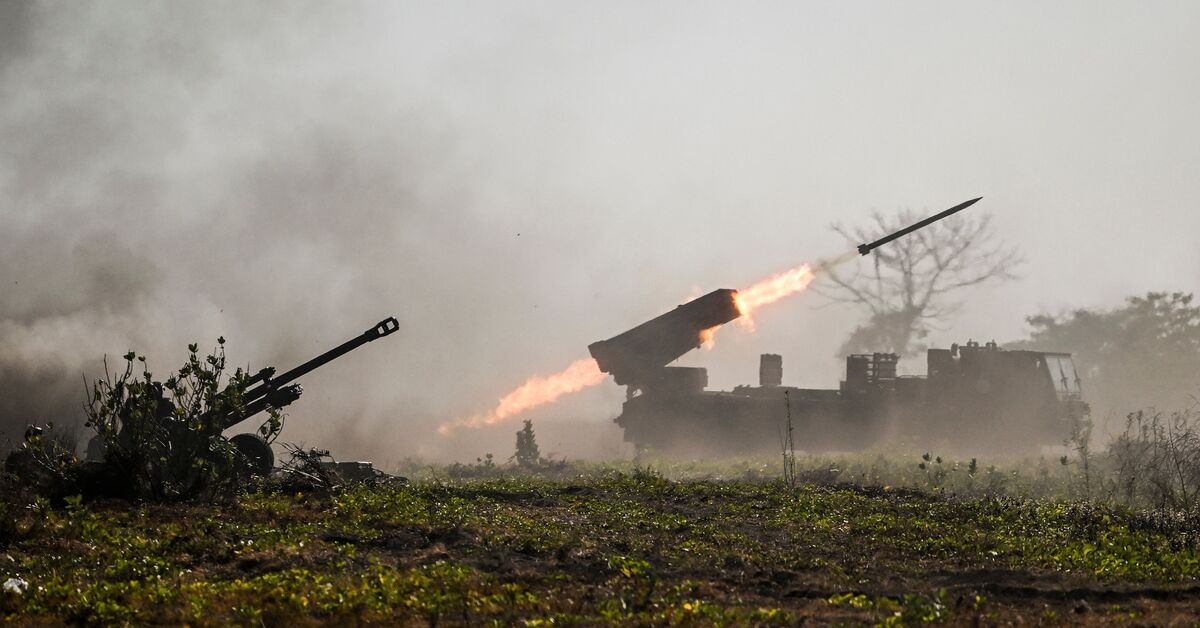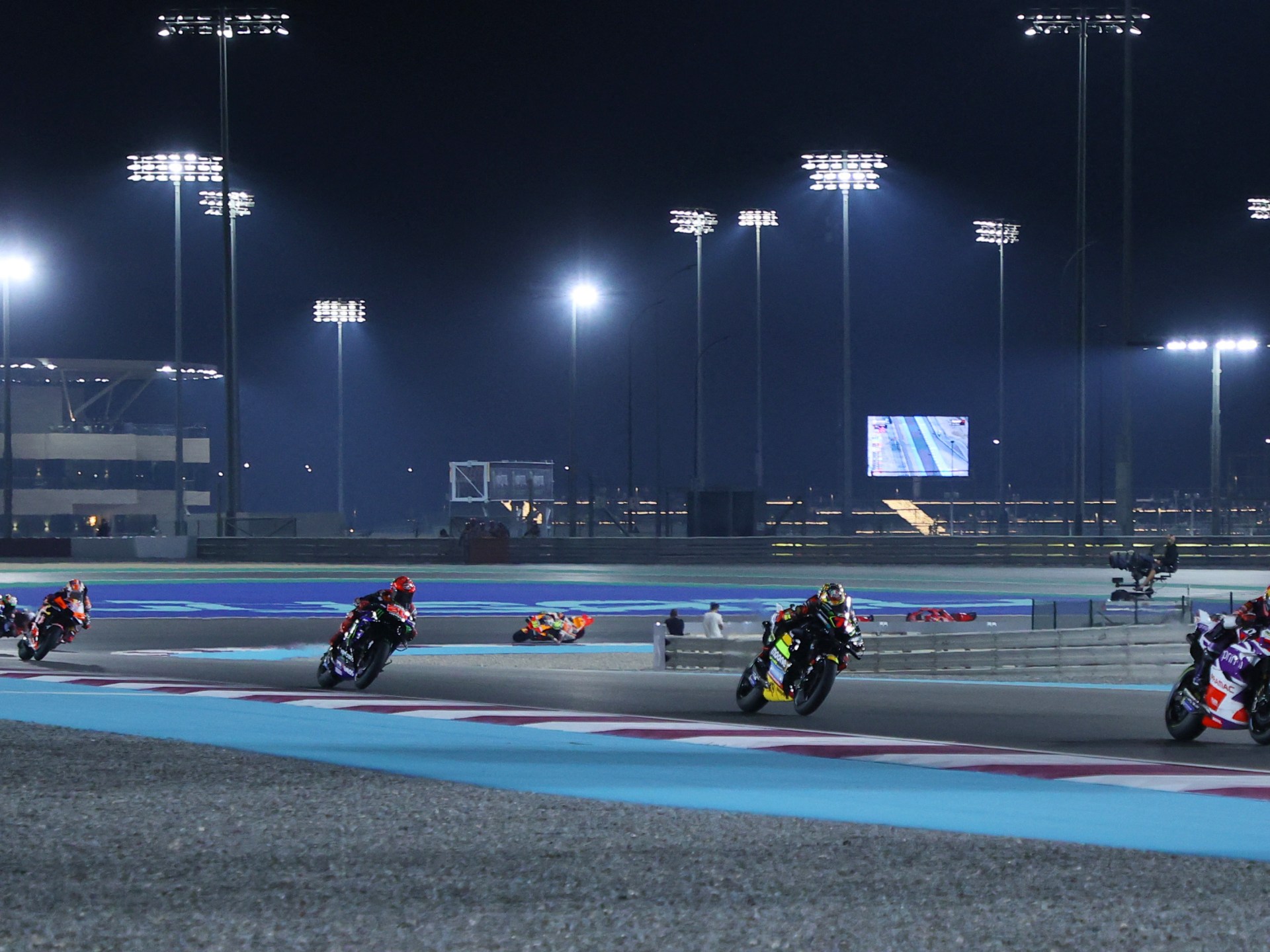Fighting In Kufa, Two Japanese Reporters Killed
"Militiamen opened fire with automatic weapons and rocket-propelled grenades when three U.S. tanks advanced towards the center of Kufa," said Sabah al-Tamimi, an Iraqi journalist working for Iranian agency IRNA, according to Agence France-Presse (AFP).
He said the tanks returned fire and stopped some 500 meters (yards) from the Kufa Grand mosque where Sadr regularly gives a sermon at Friday prayers.
According to Al-Jazeera Satellite TV, Mehdi Army fighters only fired at U.S. troops to stop their advance towards Kufa’s Grand Mosque.
"According to the ceasefire deal, they ( U.S. troops) should have evacuated Kufa. Instead, they were trying to advance towards the center of the city. We had to stop them," a spokesman for Mehdi Army told Al-Jazeera.
The clashes came after a ceasefire started at 2:00 am (2200 GMT Wednesday) Thursday between the two sides in an attempt to overcome a major resistance problem facing the occupation forces.
Sadr has offered to withdraw his fighters from Najaf and neighboring Kufa as long as U.S. forces also pull back as part of an agreement to end nearly two months of fighting that has left hundreds of Iraqi fighters and U.S. troops dead.
The details of the deal are to be thrashed out in continued talks between Sadr and senior Shiite politicians, Iraqi officials said.
The deal does not provide for the disarmament of the militia and makes no mention of other cities where the Mehdi Army is present.
Neither was it clear if or when Sadr would go before a court to face charges relating to the alleged murder of a rival scholar last year.
Occupation spokesman Dan Senor said Thursday that the coalition was "cautiously optimistic" about the chances of peace, but insisted the truce was only a first step towards a lasting agreement.
Japanese Killed
Meanwhile, two Japanese journalists and their Iraqi translator were killed when their car was hit by a rocket-propelled grenade south of Baghdad Thursday, hospital and family sources said Friday.
"One Japanese and his Iraqi translator are in the morgue but the police told me they had the body of a second Japanese," said Imad al-Malaki, a senior administrator at Mahmudiya hospital, according to AFP.
"According to my information, the incident happened at 6:00 pm (1400 GMT) between Mahmudiya and Latifiya. A rocket was fired at their car. The vehicle was incinerated and their corpses charred," he added.
"One of them is my brother. He was their translator. I recognized his nose, his belt and his jeans. He was Mohammed. He was 48," said Sabah Sabah Najmedin.
Another hospital source said the driver of the car was wounded, but that his relatives had taken him to Baghdad . The attack happened some 30 kilometers (19 miles) south of the capital.
Sources at the Japanese embassy said only that they were investigating reports that the reporters had been killed.
Early Friday, Tokyo ‘s top government spokesman said that two Japanese journalists had been attacked in Iraq south of Baghdad .
He identified the two men as Shinsuke Hashida, a 61-year-old freelance journalist and veteran of war-zone reporting based in Bangkok , and his nephew Kotaro Ogawa, 33, from the western Japan city of Tottori .
Council Member Attacked
In another violent incident Thursday, the son of the Iraqi Governing Council’s only woman member, Salama Al-Khufaji, was also killed when her convoy was attacked at Yusufiyah, 20 kilometers south of Baghdad , a council spokesman said Friday.
"The head of Khufaji’s protection unit told our correspondent in Baghdad that her son, Ahmad, drowned when the car in which he was traveling fell in a river," Al-Jazeera reported.
A bodyguard was also killed. Salama al-Khufaji herself had not been hurt in the attack.
Khufaji put the blame on the growing violence in Iraq on the U.S.-led occupation forces.
"Occupation troops create that violence. They start it in all cases. If they stop acting the violent way they do, we will not be seeing all that violence," she told Al-Jazeera after surviving the attack.
Al-Khufaji, a dentist, replaced another woman on the council who was killed in an attack outside her Baghdad home in September, 2003. Akila Al-Hashimi, a secular Shiite Muslim, died three days after being shot.
The interim council’s rotating chairman Ezzedine Salim was killed ten days ago in a bombing outside the headquarters of the U.S.-led occupation forces in Baghdad .



